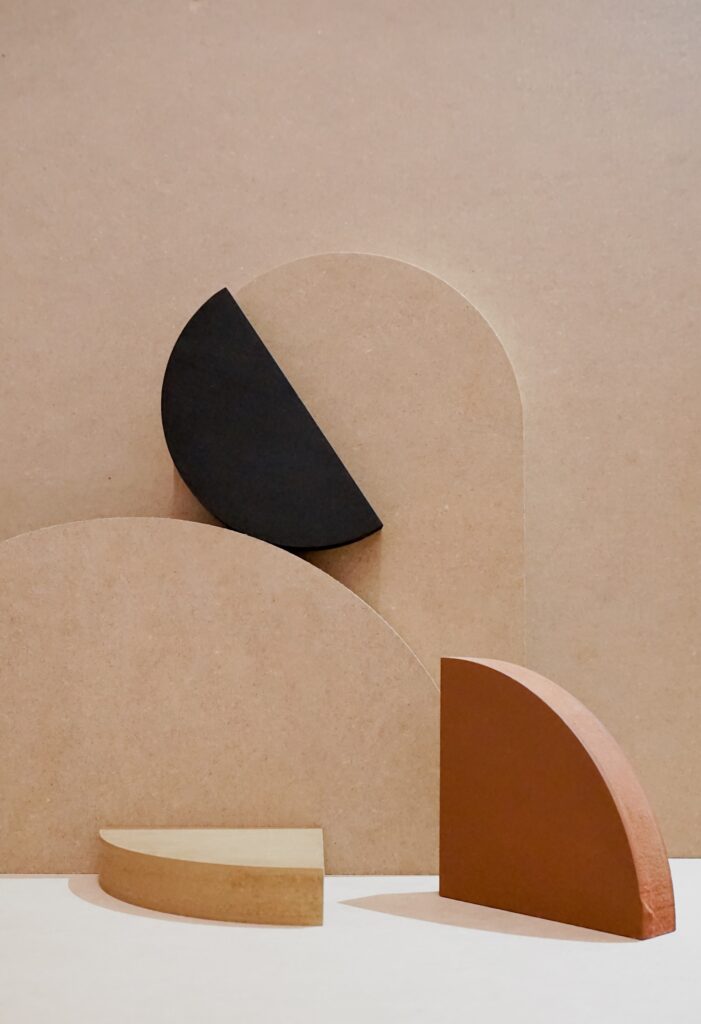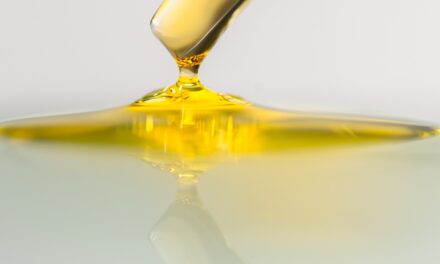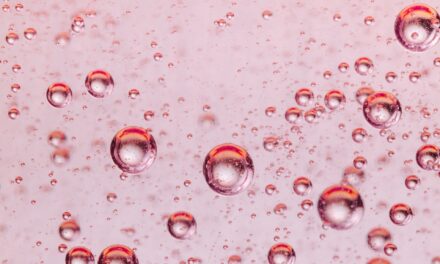Does Bakuchiol Help with Acne?
You might have heard about a “plant alternative to retinol” – Bakuchiol (pronounced bah-koo-chee-all). It’s a natural substance that comes from a plant called Babchi (Psoralea corylifolia). What makes Bakuchiol special is that it can work in a similar way to retinoids. Bakuchiol doesn’t have the same structure as retinoids, but it can still have similar effects on your skin. There are good studies that show that Bakuchiol can be effective in reducing photodamage (aging damage caused by the sun) and hyperpigmentation (dark spots on the skin). But does it also work against acne?

Bakuchiol against Acne: what do studies show?
According to studies, the answer is yes! For example, one study looked at four different formulations (1% Bakuchiol, 2% Salicylic Acid, a combination of 1% Bakuchiol and 2% Salicylic Acid, and a placebo) on 60 volunteers with acne. Each product was applied twice daily. The results showed that the formulation with Bakuchiol + Salicylic acid had a nearly 70% reduction in acne lesions and inflammation. The formulation with just 1% Bakuchiol had a reduction of about 57%. The formulation with just 2% Salicylic Acid had a reduction of about 48%. The control group (placebo) had no improvement. The study also found that Bakuchiol was non-irritating. (However, it is possible to have an irritation from Bakuchiol – there is one report of this in scientific literature).
Bakuchiol also has an anti-pigmentation effect. Together with its low irritation risk, it makes it an excellent anti-acne active for people with dark skin tones. (Melanated skin has a higher risk of developing pigmentation issues when it gets irritated).
Bakuchiol may be the only substance after Retinoids that is known to be effective against multiple causes of acne. It can stop acne-causing bacteria, calm down skin inflammation, reduce the amount of oil on the skin, and prevent pores from getting clogged.
One note of caution though. Bakuchiol comes from seeds of the Babchi plant. Other parts of the Babchi plant contain coumarins, which can cause allergic reactions or skin irritation. Bakuchiol is usually made in a way that removes these coumarins, but it’s still a good idea to be careful and avoid using products with other Babchi plant extracts, just to be safe and avoid irritation.
Effective concentration and application tips
Overall, Bakuchiol could be a good choice to include in your skincare routine if you are trying to get rid of acne. Bakuchiol is best in oils, oily serums, creams, or lotions (it is oil-soluble). It is recommended to use Bakuchiol at a level of 0.5% to 1%, once or twice a day. A good product with Bakuchiol should also be slightly acidic (pH less than 6.5). Bakuchiol is stable in sunlight, so you can use it at any time of the day. It can be used with other helpful ingredients for acne like retinoids, Salicylic Acid, Niacnamide, and Benzoyl Peroxide. The only actives to avoid using together with Bakuchiol are Copper Peptides (it might decrease the effectiveness of both ingredients).
In summary, Bakuchiol looks like a good option for helping with acne. It has a low risk of causing irritation, which makes it a good active to use on alternative days with Retinoids or can be a good substitute to Retinoids altogether for people who can’t tolerate them (or want to avoid them because of pregnancy).
Choose your products based on actives
WIMJ Search allows you to select skincare products based on what’s inside. Filter products by actives included, and exclude ingredients you don’t want. Check the concentration of ingredients and potential irritants.
Sources
-
A Clinical Study Evaluating the Efficacy of Topical Bakuchiol (UP256) Cream on Facial Acne. https://europepmc.org/article/med/33683079
-
Bakuchiol in the management of acne-affected skin https://www.researchgate.net/profile/Ratan-Chaudhuri/publication/284931325_Bakuchiol_in_the_management_of_acne-affected_Skin/links/566c70a708ae1a797e3d8958/Bakuchiol-in-the-management-of-acne-affected-Skin.pdf
-
Applications of bakuchiol in dermatology: Systematic review of the literature https://onlinelibrary.wiley.com/doi/10.1111/jocd.15420
Related Articles
Azelaic Acid: How It Works and Why You Might Need It In Your Skincare
Azelaic acid may not be the most hyped skincare ingredient, but, frankly speaking, it deserves way more recognition. Despite its underappreciated status, azelaic acid boasts a myriad of evidence-backed benefits, including combating acne, mitigating rosacea, addressing hyperpigmentation, and fighting against free radicals.
CBD Skincare Benefits and Unknowns
Discover the impressive potential of CBD in skincare and learn about the risks. Our evidence-based exploration covers the CBD potential for treating acne, eczema, psoriasis and combating inflammation.
Can Supplements Cause Acne?
Can Supplements Cause Acne? While hormonal imbalances, genetics, and poor skincare habits are well-known causes of acne, did you know that some medications and supplements can also cause acne breakouts? Certain vitamins, minerals, and supplements like B6/B12, iodine,...
Food and Acne: What the Latest Research Shows
Can food you eat make your acne worse? Yes, according to recent studies, what we eat can make us more or less likely to have acne.
What Is a Good Routine For Skin Prone to Acne and Clogged Pores?
Acne is a complicated skin condition, but understanding its causes and developing an effective skincare routine can make a big difference. In this article, we’ll dive into the science behind acne and explore practical tips to help you regulate your skin sebum, reduce inflammation, and control the growth of acne-triggering bacteria. You’ll also learn how to create an effective anti-acne skincare routine that addresses multiple factors contributing to acne formation.




